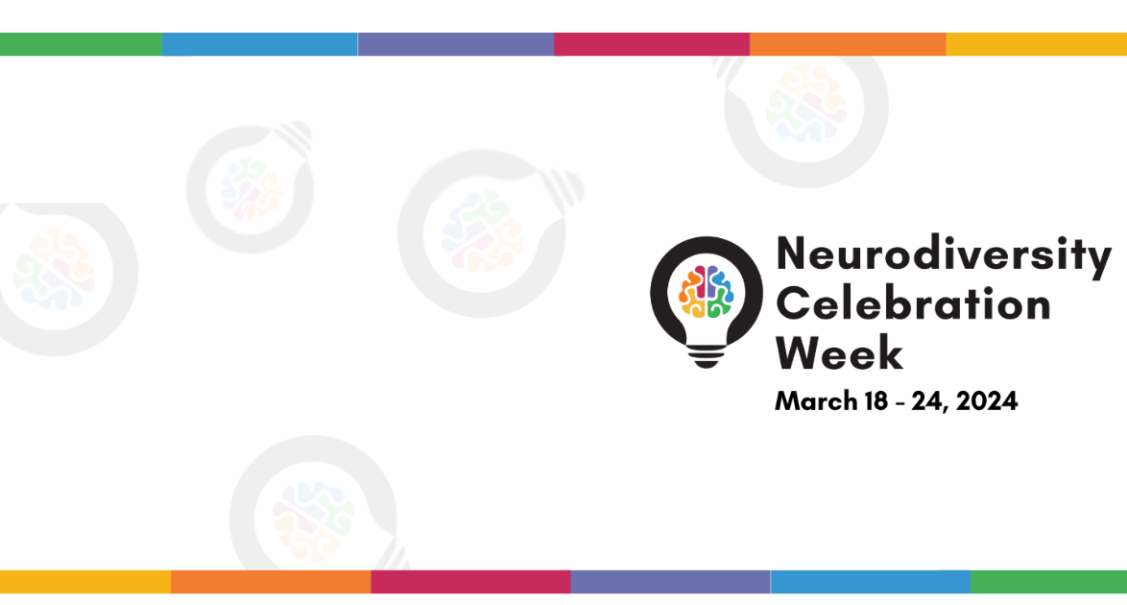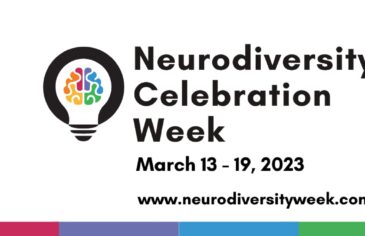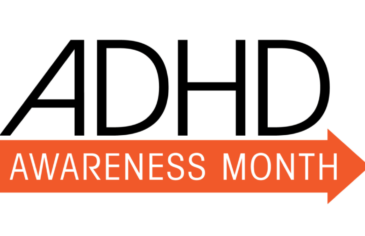Red Balloon of the Air staff member Anabel Stindt has lent her expertise about neurodiversity to better educate the Red Balloon community.
Neurodiversity Celebration Week 2024
It’s Neurodiversity Celebration Week 2024! This event happens annually and is all about celebrating the concept of neurodiversity and of course, neurodivergent people. Neurodiversity, a term coined by Judy Singer in 1998, is about reframing the way we understand neurological differences. Rather than these differences being seen as illnesses or deficits, Singer argued that variation in people’s neurology is simply a natural part of life, in the same way that we have biodiversity in nature. Neurodiversity is a term which refers to society as a whole – our society is neurodiverse. An individual cannot be neurodiverse, as diversity by definition implies a group, therefore people with neurological differences are neurodivergent, and people without neurological differences are neurotypical. Neither one is better or worse, simply different.
For too long, research and advice around neurodivergent conditions has been dominated by neurotypical professionals, which means that until recently there has been limited understanding of what neurodivergent conditions feel like on the inside. Focusing only on how neurodivergent conditions present externally, has led to often unhelpful or even harmful treatment practices, with people essentially trying to make neurodivergent people function as neurotypically as possible, rather than celebrating the value of the differences.
But it’s also important not to be unrealistic by suggesting that all neurodivergent people have ‘superpowers’ or making it all sound rosy. The reality is that being neurodivergent can make life incredibly challenging – the world is set up for neurotypical brains and that can cause a lot of heartache. This balance between celebrating the positives and acknowledging the negatives is key to self-acceptance and good mental health.
Self Advocacy
Self-advocacy is vital; people need to be able to express their challenges and request help. Neurodivergent people can thrive with the right accommodations, but to be able to request these, they need to have an understanding of what they need. When neurodivergent people understand themselves and their unique strengths and challenges, they can feel more confident to ask for what they need and to play an active part in accessing helpful accommodations.
Whether you’re neurodivergent yourself or have a neurodivergent person in your life, here are some tips for encouraging self-advocacy.
1. Understand your unique brain and its strengths and challenges
Neurodivergent brains work differently, and so you almost have to create your own user manual. This is important for everything from study skills to career choices to keeping a home organised. Remember that the important thing is getting a task done, not how you do it. There is huge freedom in giving up on doing things ‘the right way’ and just getting them done in a way that works for you. And sometimes that’s simply delegating tasks too! Yes, everything might need to get done, but you don’t have to singlehandedly do it all.
2. Talk to like-minded people
Try to find your tribe – people who see the world like you do. Society has come a long way in terms of understanding of neurodivergent conditions, and an increasing number of people are getting diagnosed, even in later adulthood. Keep an eye out for support groups,either online or face to face; these can be a really helpful resource. Just being around people who think in a similar way can be incredibly refreshing.
3. Read and watch content with neurodivergent characters
This can be challenging, but there are an increasing number of books and films which include representations of neurodivergent conditions, admittedly some more sensitively than others. A study was recently done which explored the importance of representation to neurodivergent young people. One interesting finding which emerged was that they didn’t feel a story needed to necessarily be about the condition in question, but rather that the condition was simply a small part of the story. After all, having ADHD or dyslexia or being autistic isn’t all you are – it says nothing about your sense of humour, your sense of style or the type of person you are. It’s just part of who you are. To paraphrase, if you’ve met one neurodivergent person, you’ve met one neurodivergent person.
4. Speak up about neurodiversity – spread the word!
There are a lot of misunderstandings around the concept of neurodiversity and the various neurodivergent conditions. As a neurodivergent person, you can add so much value to conversations around the issues.
Be Yourself
Being neurodivergent can be really challenging and sometimes it can be easier to just try to fit the mould rather than ask for the help you need. It can feel like you’re making too much of a fuss or that you shouldn’t have to ask for help, but remember that asking for those accommodations and help isn’t selfish at all. In fact, it’s not even entirely about you – when we make the world better for ourselves as neurodivergent people, we make it better for everyone.



